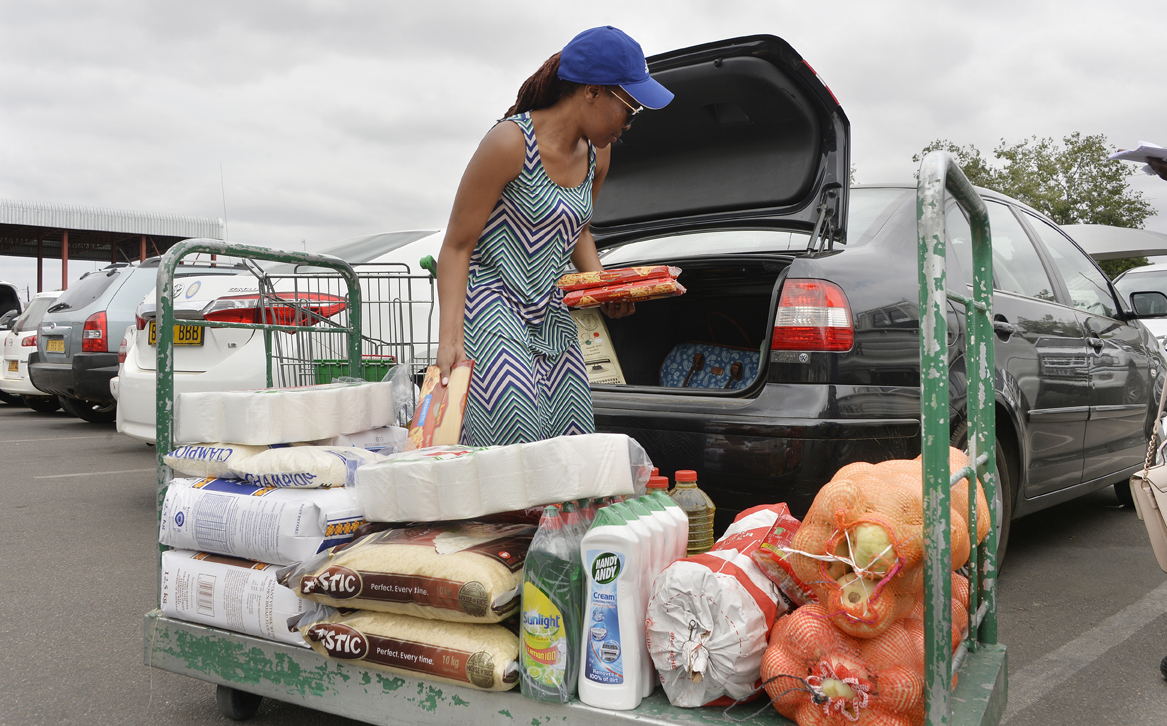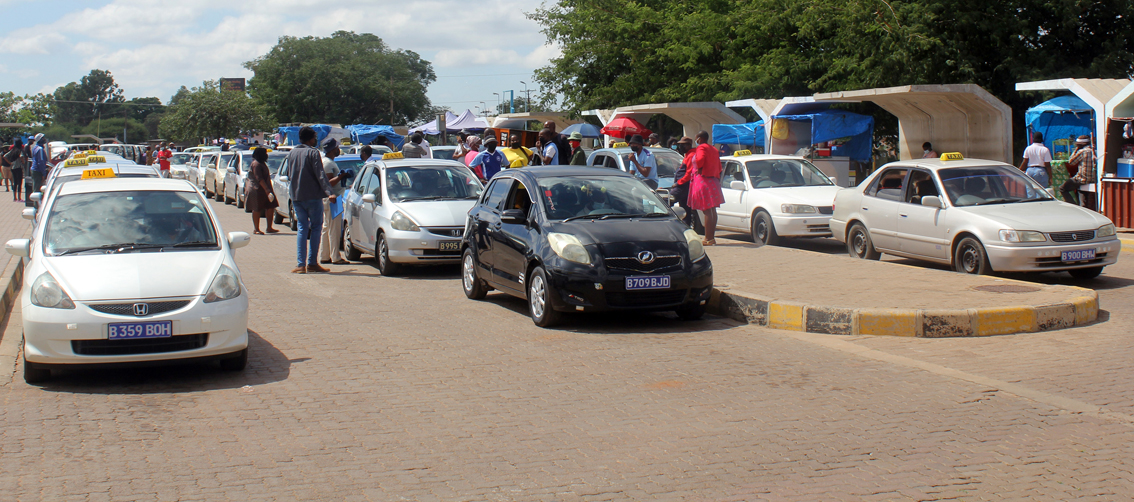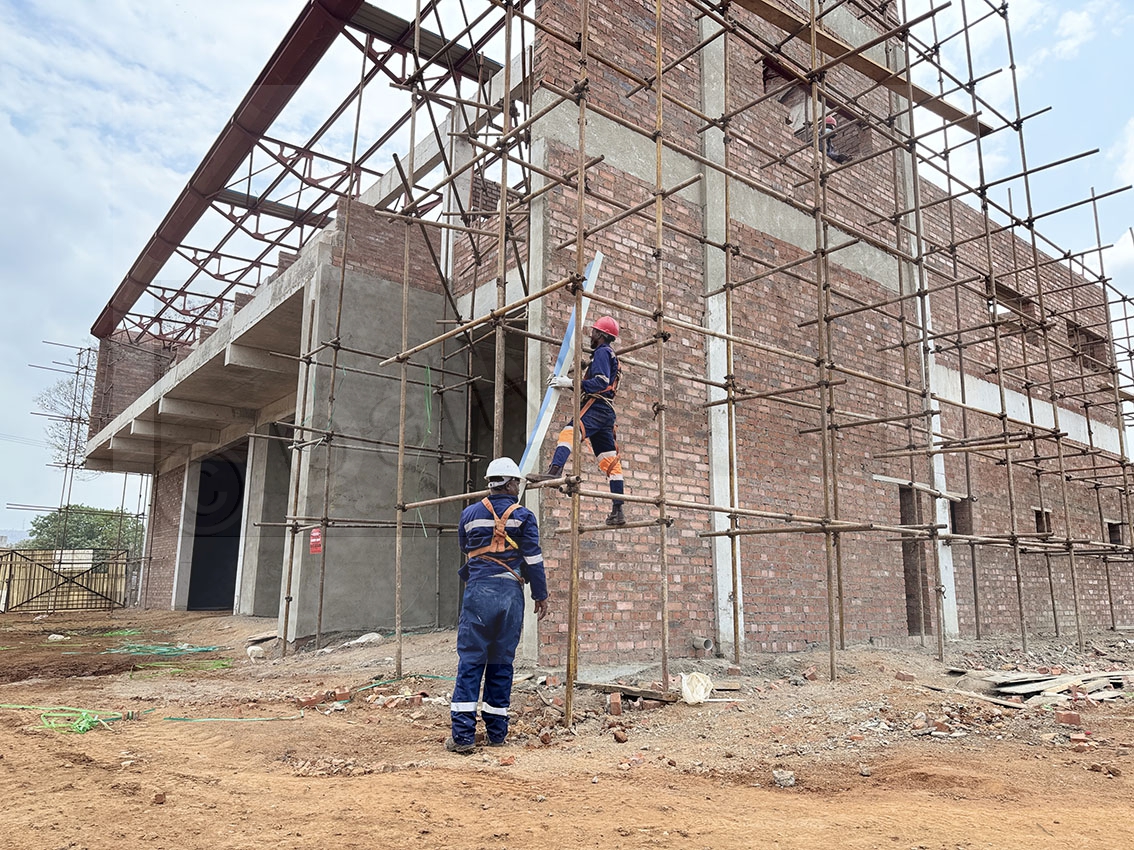High prices prevail in 2022
15 Dec 2022
Traditionally, Batswana have the phrase ngwaga o sa nthateng kgabaganya, meaning let the difficult year pass. Perhaps this could be said about the year 2022 as it was the most difficult year at both the micro and macro levels.
At micro level, ordinary Batswana had difficulties as their pockets shrunk due to diminishing purchasing power amidst rising inflation. Majority of the inflation was imported; was not brought by purchasing power chasing limited goods, but the Russian invasion of Ukraine has been largely blamed for escalating fuel and food prices.
This was perhaps the most difficult year as Batswana faced high cost of living emanating from escalating fuel and food prices. Russia is the third largest producer of fuel and last year, exported wheat worth $7.3 billion, according to the World Economic Forum.
In a true word of ‘when one part of the world catches cold, the rest of the world sneezes,’ Botswana, as part of world connected through international trade, has been caught in the web of the conflict which in political sense, does not have anything to do with it.
As a result, Batswana have seen prices of necessary commodities going up, and inflation has been above Bank of Botswana’s medium term objective range of 3 – 6 per cent.
In the beginning, in January, before the Russia-Ukraine conflict, inflation was already above the objective range, but it was driven mainly by rise in mini bus and taxi fares and school fees. By March, there was hope as the inflation rate eased to 10 per cent and 9.6 per cent in April before it escalated to 11.9 per cent in May.
According to the May Consumer Price Index from Statistics Botswana, the May inflation was driven mainly by the Transport Index as a result of increase of fuel prices.
Fuel prices were adjusted upwards in March, with unleaded petrol 93 going up by 126 thebe per litre. Unleaded 95 increased by 125 thebe per litre, diesel by 149 thebe per litre and paraffin was increased by 174 thebe per litre.
Another upward adjustment was made in May, with Unleaded 93 going up by 148 thebe per litre, Unleaded 95 up by 154 thebe per litre, diesel 274 thebe per litre and illuminating paraffin was increased by 206 thebe per litre.
Subsequently, inflation in June stood at 12.7 per cent and during the same month, motorists experienced another fuel hike. Further in the same month, the government increased mini bus and taxi fares.
Prices increased from P6 to P7 and P7 to P8 for mini bus and taxis respectively while long distance fares were increased from 30 to 35 thebe per kilometre.
This then drove the July inflation rate to 14.3 per cent and in August, it peaked at 14.6 per cent. Between September and October however, the inflation rate has been on a downward spiral, bringing hope to Botswana that their purchasing power would increase.
In September, the Botswana Energy Regulatory Authority (BERA), decreased fuel prices as international prices started easing. Unleaded 93 was decreased by 100 thebe, unleaded 95 by 100thebe, diesel by 23 thebe and illuminating paraffin went down by 8 thebe per litre.
Another decrease was done in October and BERA cited the strong US dollar as one of the factors that led to a fall in oil prices.
Other than fuel prices, Batswana had to contend with high food prices which saw bread prices going up following an increase in prices by Bokomo which cited international soaring prices. Further, cooking oil prices also went up and several stores took measures by removing the 2 litre cooking oil from the famous ‘combo’ specials.
To curb the inflation rate, Bank of Botswana increased interest rates two times, first in June, the Monetary Policy Rate was increased by 50 basis point, from 1.65 to 2.15 per cent.
Another upward adjustment was made in August, an increase of 50 basis points to 2.65 per cent and this resulted with commercial banks subsequently increasing their lending rates.
However, as inflation eased in the last quarter of the year, the Bank’s Monetary Policy Committee (MPC) maintained the 2.65 per cent rate citing favourable inflation outlook. Further, the government also introduced measures through which Batswana were assisted with escalating costs especially cooking oil and other commodities.
The government, with effect from August, reduced Value Added Tax (VAT) by 2 per cent, from 14 to 12 per cent for six months, a move that will cost the economy P1.8 billion. Cooking oil and cooking gas have been zero-rated from VAT and allowances for tertiary students were increased by 18.5 per cent. Overall, the year has been volatile in terms of inflation and while it has showed signs of slowing down, there are concerns that international prices and any change in administered prices could trigger a change in prices. ENDS
Source : BOPA
Author : Tebagano Ntshole
Location : MOLEPOLOLE
Event : FEATURE
Date : 15 Dec 2022







